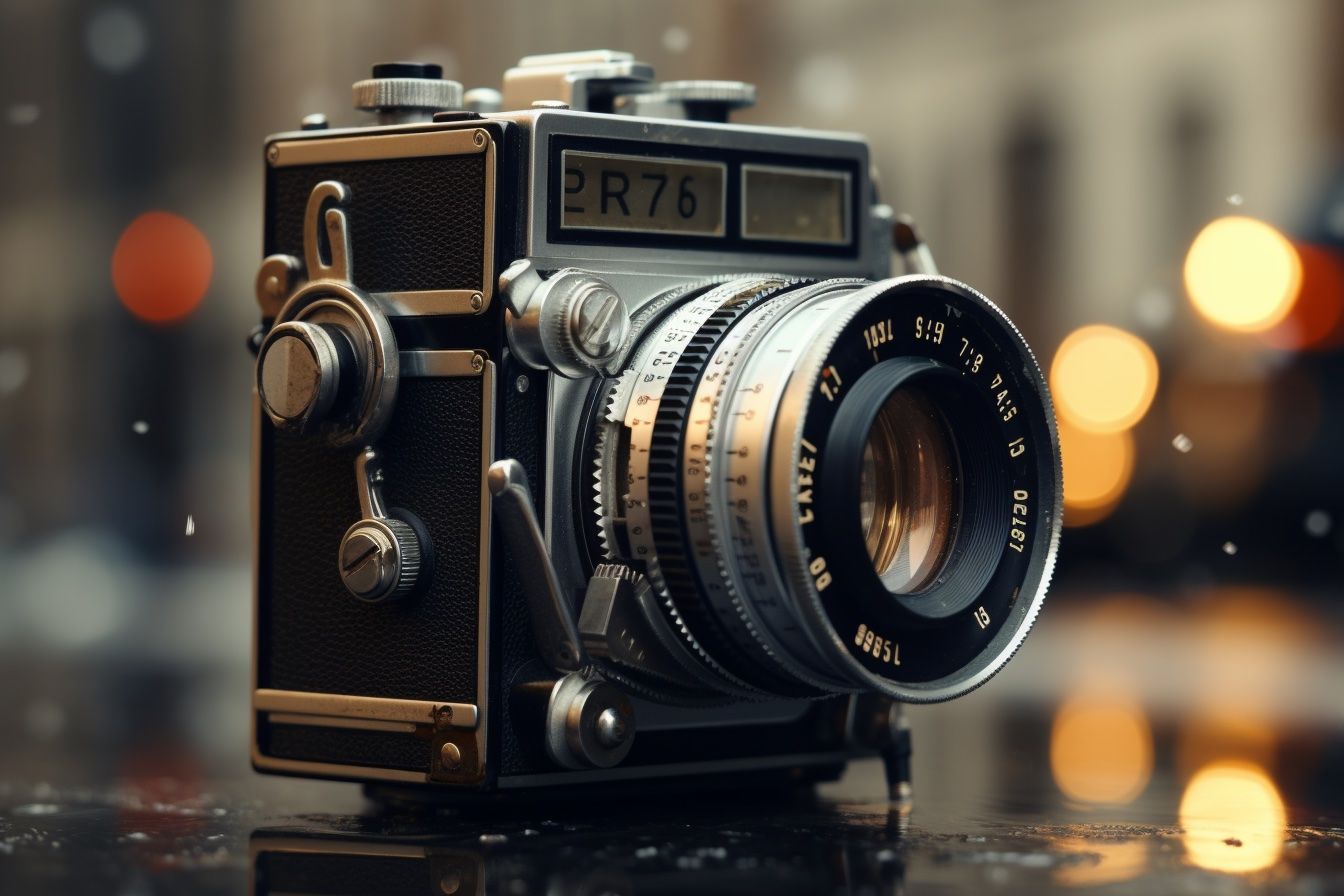
Subscribe for weekly updates
Understanding the significance of a camera's shutter count and what transpires when it is reached is crucial for any photographer, be it a professional or an enthusiast.
It helps one predict a camera's lifespan and aids in preventive maintenance to extend its life.
The Significance of Shutter Count
A camera's shutter count refers to the number of times the shutter opens and closes to expose the image sensor to light, indicating how many pictures it has taken.
In essence, it serves as an odometer for a camera. It is particularly important when purchasing used equipment, as a higher shutter count can imply a shorter remaining lifespan, much like a car with a high mileage.
However, remember that shutter count is not the end-all-be-all indicator of a camera's condition. While it is a reliable parameter, other factors can influence a camera's performance and longevity.
These include the care taken by the user, the environmental conditions where the camera is used, and the specific model's build quality.
When the Shutter Count Limit is Reached
Different camera models come with varying expected shutter counts.
Entry-level DSLRs typically have an expected shutter count of 100,000, while professional-grade cameras can go up to 400,000. When a camera reaches its 'expected' shutter count, it does not necessarily mean it will suddenly cease to function.
The keyword here is 'expected'. This is merely a statistical average lifespan of the shutter mechanism, not a definite expiration date.
When a camera reaches its expected shutter count, the risk of shutter failure increases, but it doesn't mean immediate death.
Many cameras continue functioning well beyond their expected counts, just as many cars run smoothly past their expected mileage. It's important to remember that shutter failure isn't usually a gradual process; it's more often sudden and without warning.
Symptoms of a failing shutter could include black bands or streaks appearing in your images, a sluggish or inconsistent shutter response, or a complete lack of operation.
Extending the Life of Your Camera
There are several ways to extend your camera's life and keep the shutter going strong, even as the count ticks up.
- Regular Maintenance: Just like any mechanical device, cameras require regular maintenance to function optimally. This includes cleaning the lens and body, updating the firmware, and getting it serviced by professionals regularly.
- Proper Usage: Avoid using your camera in extreme conditions like dust storms, heavy rain, or intense cold without suitable protection. These conditions can cause unnecessary strain on the shutter mechanism, potentially shortening its life.
- Alternate Shutter Options: If your camera supports it, consider using electronic shutter or silent shooting modes. These options do not engage the mechanical shutter, which can help preserve its lifespan.
- Use Burst Mode Wisely: While shooting in burst mode can capture a sequence of actions, remember that each shot increases the shutter count. Use this feature sparingly and turn to it only when necessary.
If, despite all your efforts, your camera's shutter does eventually fail, don't panic.
Shutter replacement is a standard service offered by most manufacturers and many independent repair shops.
While it comes with a cost, it's generally much cheaper than buying a new camera, especially for higher-end models.
In conclusion, shutter count is an essential factor to consider in your camera's lifecycle. However, it's not a death sentence when the expected count is reached.
With careful use and regular maintenance, it is possible to extend your camera's life far beyond the manufacturer's predicted shutter count, allowing you to continue capturing those special moments without concern.

Subscribe for weekly updates







